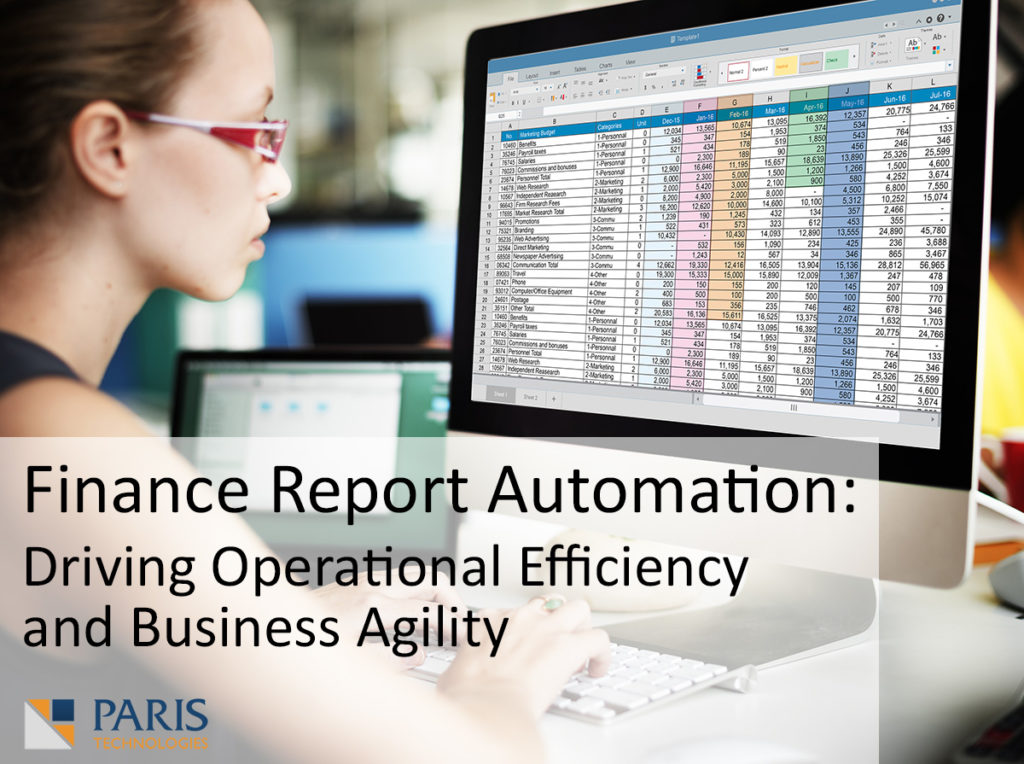
Every closing period, a change in atmosphere is visible in finance departments. There is a mad dash to produce financial reports and management reports as quickly as possible. Data is being extracted from ERP silos and then manually consolidated in a spreadsheet, from which multiple report views are created. This reporting cycle repeats itself every closing period or however often it is required, costing your organization a lot of time and money in just the production of reports.
Reports are tools for data analysis. Its purpose is not achieved by the fact that it exists – it needs to be consumed, analyzed, and utilized for fact-based decision making and strategic planning. Similarly, accountants and treasurers are not meant to be poring over Excel spreadsheets just to produce a report. They offer high-value skills that can be utilized for more complex human tasks.
Read more on how our software applications can solve your business problems.
Save time and money, reduce risks
The primary and most obvious reason why organizations automate their reporting process is to save time and money. Think about how many employees are tasked to create these reports, and then consider how much time they spend on Excel spreadsheets crunching numbers, troubleshooting linked spreadsheets, fixing formulas, etc.
Not only are you spending so much time and money producing reports, but the risks involved in manual operations are high. In spreadsheets, errors at a cellular level can have a huge impact. To say that hundreds of hours of Excel work are wasted due to one mistake in data input is highly likely and extremely impactful.
Achieve reporting efficiency and effectivity
Having an effective and efficient reporting process gives organizations the necessary means for business growth. Automation enables organizations to standardize reports in terms of format and structure, and consolidate foreign operations and variants. Report automation tools also facilitate collaboration between systems and people, ensuring data integrity and transparency.
Most importantly, automating the creation of financial reports gives you the capability to run reports at intervals close to real-time, giving corporate treasurers, accountants, executives, and C-level executives timely information for better financial insight and decision making.
Finding the balance between automated and manual reporting
While report automation has much to offer, taking away Excel spreadsheets may still be difficult if not impossible to do. Rather than fighting Excel, reporting software editors now understand that Excel is inescapable and actually has a lot of benefits to offer as well. Its accessibility, familiarity, and flexibility is something that they now leverage by enabling connectivity with reporting systems.
Read our blog on Escaping Excel Hell Without Abandoning Excel

